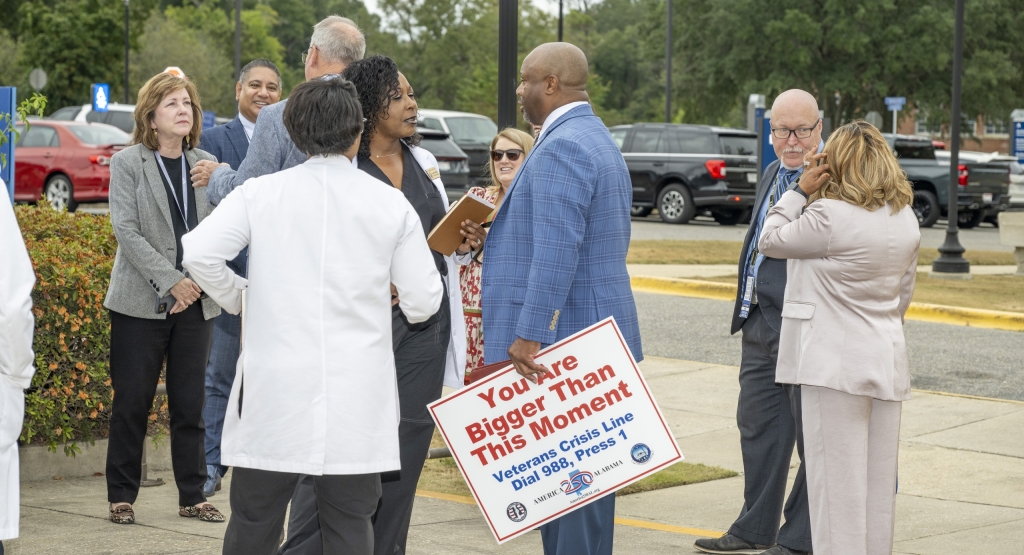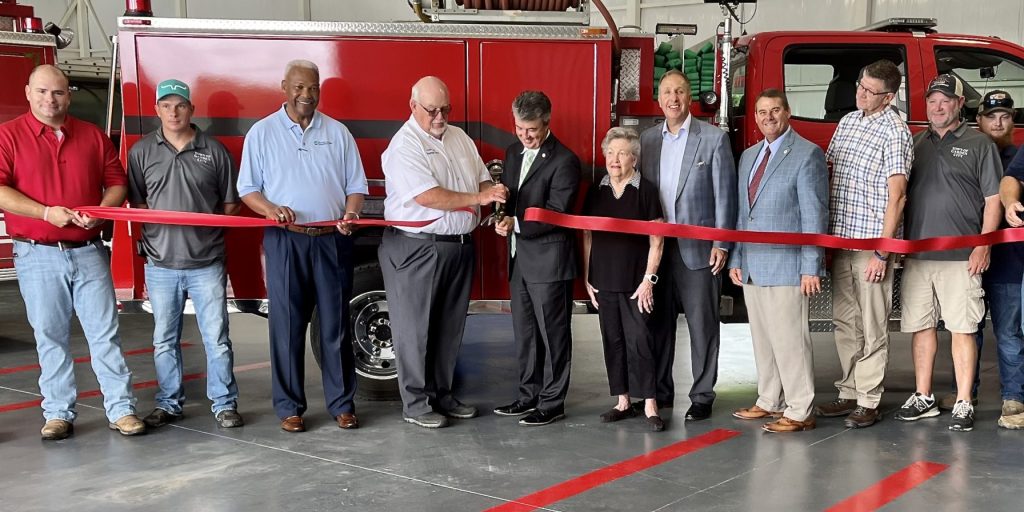The time has come for the Alabama Medical Cannabis Commission (AMCC) to fulfill its promise and deliver medical cannabis to the patients in Alabama who have been waiting far too long. This delay is not just an administrative failure but a critical issue impacting the health and well-being of countless individuals in our state.
In 2021, legislation was enacted to provide medical cannabis to Alabamians suffering from a range of serious conditions, including cancer, glaucoma, and chronic pain. The AMCC was entrusted with the responsibility of developing a comprehensive application process, evaluating applicants across various categories — from cultivation to dispensing — and awarding licenses to the most qualified candidates.
The expectation was clear: by the end of 2023, or at the latest 2024, medical cannabis would be available to those in need.
However, as we approach the middle of 2024, medical cannabis remains inaccessible. The question is, what went wrong?
The AMCC failed suffering Alabamians in numerous ways. Here are a few critical issues:
- Failure to adhere to statutory guidelines: The AMCC did not follow the strict guidelines outlined in Alabama Code 20-2A-50, which we was passed in the State Legislature.
- Technology failures: The commission’s system could not accept application materials larger than 10MB, and applicants were not informed of this limitation. Moreover, workaround solutions were inconsistently provided.
- Ignoring initial requirements: The AMCC allowed all applicants to advance to the next stage of the licensing process, regardless of whether they met the initial pass/fail criteria.
- Lack of transparency: The AMCC has frequently violated the Open Meetings Act, holding closed-door sessions and disregarding the Alabama Administrative Procedure Act, as highlighted in recent court filings.
These issues have led to a protracted judicial process, including multiple hearings and temporary restraining orders. Applicants are now demanding transparency and accountability, seeking discovery to uncover the commission’s operational shortcomings. Numerous applicants have joined forces in legal actions, insisting that the AMCC rectify its mistakes and restart the process correctly.
At the heart of this issue is the AMCC’s failure to comply with the statute that we set forth in the Legislature and the regulations outlined in the Alabama Administrative Procedure Act. The commission must recognize that it has a legal and moral obligation to follow these guidelines. The members and staff don’t get to pick and choose which rules to follow and operate under the mantra of “rules for thee and not for me.”
This issue is personal to me. Over my 22 years of service in the Legislature, I’ve often spoken about my father who is a real-life American hero, a wheelchair-bound disabled veteran who fought in Desert Storm I. My dad lives every single day in chronic pain! I see the pain in his eyes. I hear the grimaces of discomfort. I, like many other daughters, sons, mothers and fathers in Alabama wish that something was available to give him some type of relief so that he could live the quality of life that he deserves after fighting for the freedoms that many Americans take for granted.
So for my father and the countless other Alabamians with these debilitating ailments, I say directly to the Commission, right this wrong, and right this wrong now.
The AMCC has the opportunity to correct its course and deliver on its promise. By adhering to Alabama law, the commission can ensure that medical cannabis reaches the patients in Alabama who desperately need it. The path forward is clear — now is the time for the AMCC to listen and act.
Merika Coleman represents District 19 in the Alabama State Senate.











